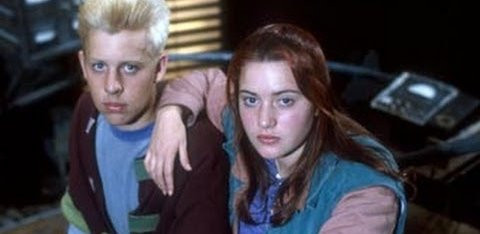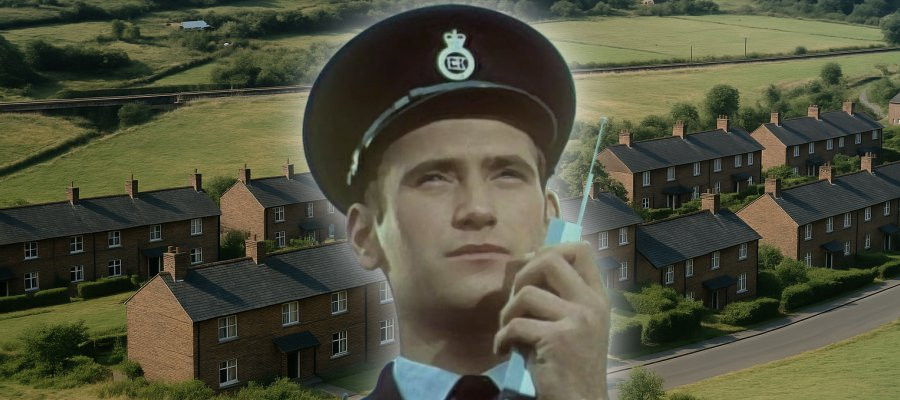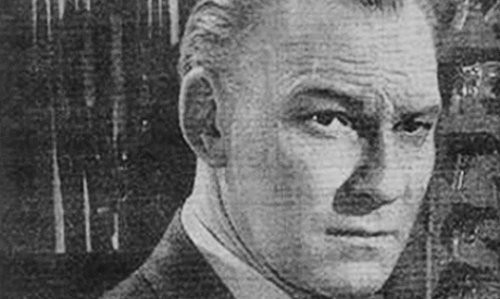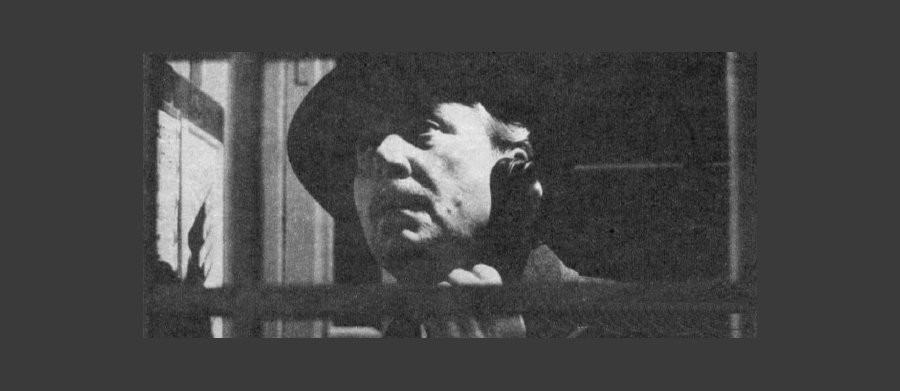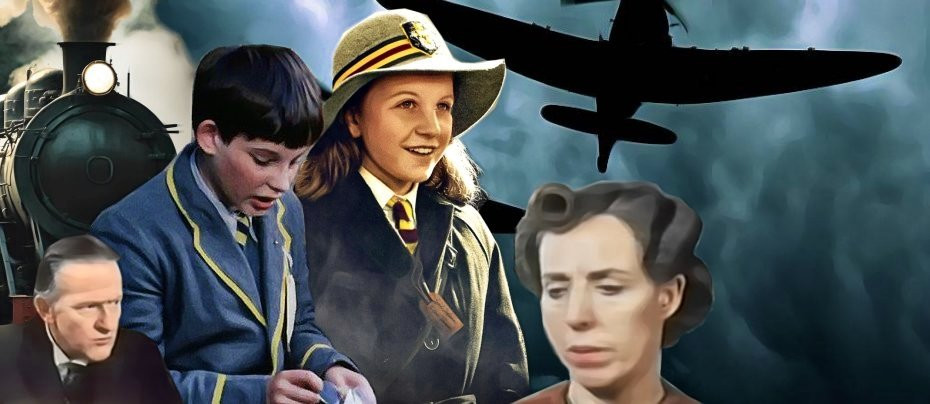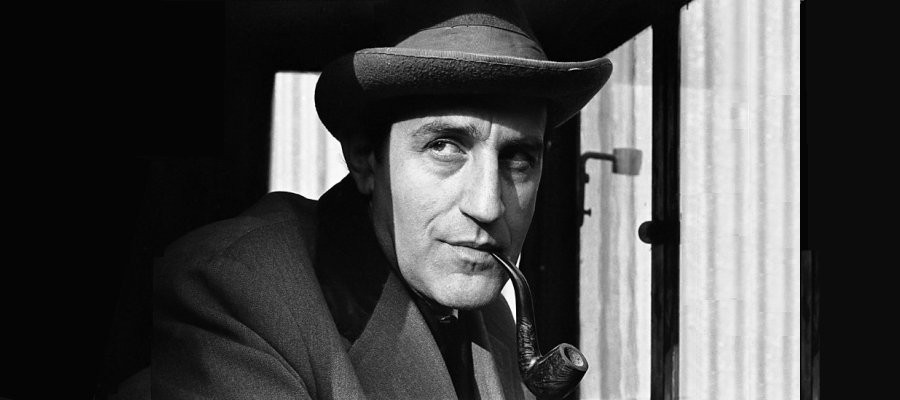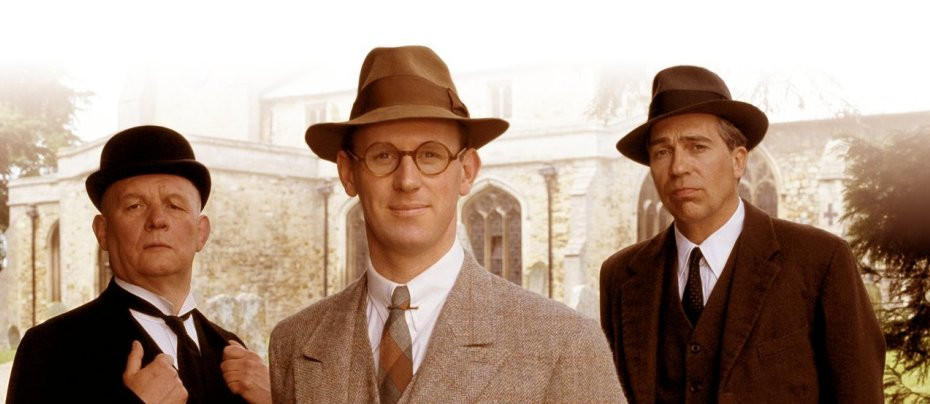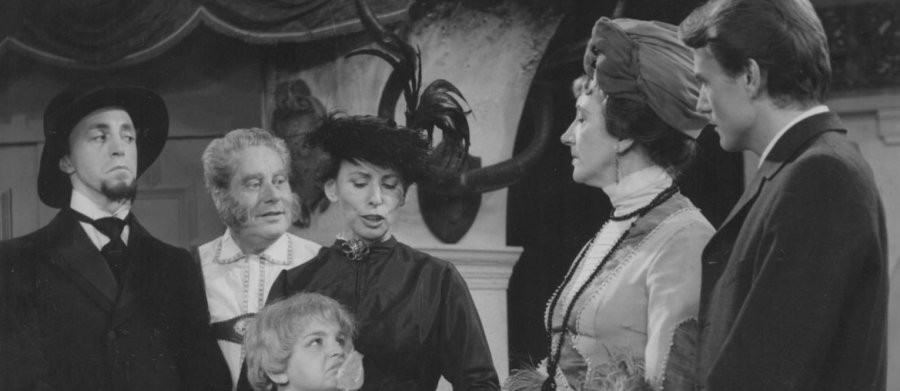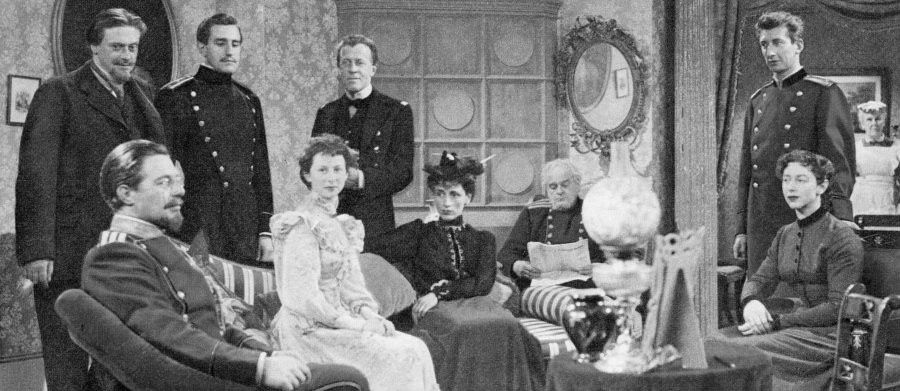
Three Sisters
1954 - United KingdomWritten when he was forty, in the autumn of 1900, Anton Chekov's Three Sisters was a commission from the Moscow Arts Theatre, where it was first produced in 1901. In the canon of his four major plays, it comes after The Seagull (1896) and Uncle Vanya (1897) and before The Cherry Orchard (1903-04). In 1954, the BBC took the translation of Constance Garnett (1861-1946), an English translator of nineteenth-century Russian literature, and the first English translator to render numerous volumes of Chekhov's work into English, to produce a two-hour production, which aired at 8.30pm on Sunday 27 June.
Producing the play was Harold Clayton, an experienced producer who had worked on television since 1936 and who had recently finished two short plays for television. By the end of May of 1954, the amount of money available for the production of Three Sisters had been fixed, a rehearsal room had been booked and Clayton knew how many cameras would be put at his disposal. His next task would be to cast the play.
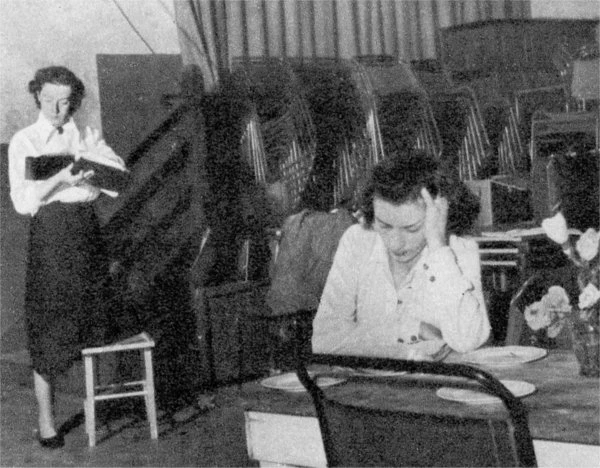
The players chosen at the end of auditions included 35-year-old Margot van der Burgh, already a veteran on over half-a-dozen live BBC plays, 24-year-old Clare Austin, a relative newcomer to television, and the experienced Rosalie Crutchley - who was two years away from being named as Best Actress of the Year by the Guild of Television (now BAFTA). Also appearing was young Douglas Wilmer and the experienced Margaret Boyd.
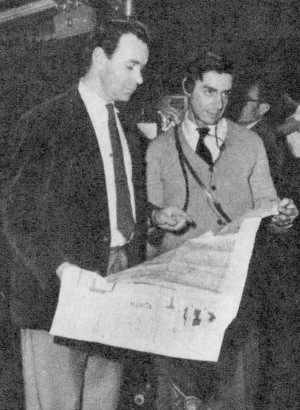
As casting proceeded, discussions between Clayton and designer Richard Greenough were held for the designs of sets. By 28 May, Clayton was ready for his first planning meeting. To his office came Greenough, the lighting engineer, the technical operations manager, and representatives of the wardrobe and make-up departments. At this meeting, the broad outlines of the production were fixed.
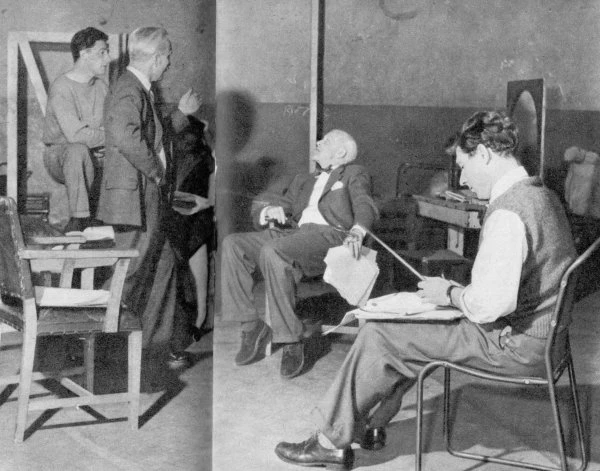
Rehearsals began on Thursday 3 June. Producer, cast, studio manager and stage manager gathered in the main hall of a youth club near Baker Street, just one of many such places in London which were used for television rehearsal at that time. Rehearsals continued for five days a week for the next three weeks. The day before broadcast, on Saturday 26 June, the players took to the studio floor for a full dress rehearsal and also to familiarise themselves with the sets, which in Baker Street had only been marked out in chalk on the floor. In the control room Clayton faced six screens, labelled 1, 2, 3, 4, 'preview' and 'vision'. The first four screens showed the pictures from each of the cameras and it was from here that he chose which picture at which moment would broadcast to the viewing audience. Surrounded by the vision mixer - switching, cutting and fading from one camera to the next, the designer, the technical operations manager, and a member of the wardrobe department, whilst a telecine operator, who was housed in another part of the building was required to blend film into the production on the producer's command, one can only imagine the flurry of activity that went on to bring the final production to the screen, but although it was still comparatively early days of broadcast television, the BBC were already quite adept at such presentations. By now they were producing more than a hundred full-length plays a year.
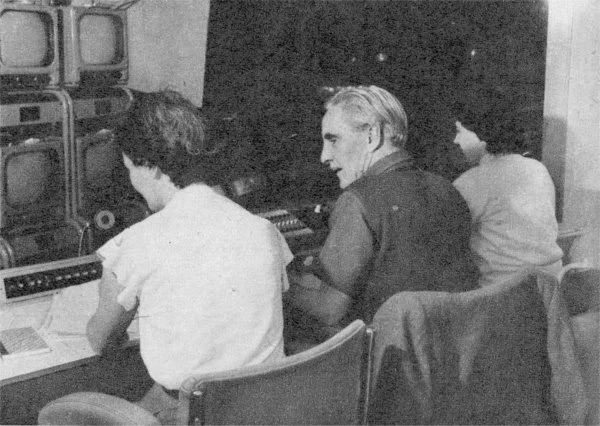
From the gallery the studio must have looked to be in a chaotic state. Cameras, microphone booms, actors, make-up girls, scene shifters, a painter on standby in case of accidents to the set, and Tom McCall, a BBC staff accompanist, rehearsing the tunes he would play on a real piano while one of the cast pretended to play at a dummy one must have required a great deal of concentration and aplomb. Rehearsals continued all through Saturday and Sunday as movements were adjusted, lighting altered, and the best camera angles sought as the production finally took shape only hours before going 'live'.

The story concerns the lives of an aristocratic family, the Prozorovs, who struggle to search for meaning in the modern world. The three sisters, Olga, Masha, and Irina, along with their brother Andrei, are living in a small provincial town, yet they long to return to the urban sophistication of Moscow where they grew up, even as they struggle to contend with the decline of the privileged class in Russia at the turn of the 20th century.

Three Sisters, as was the norm in the early fifties (and beyond), was broadcast live with a repeat live performance the following Thursday (1 July). As with all live performances the running time of the broadcast was approximate - Thursday's performance began at 9.35pm. Sadly the series does not exist in the BBC archives and this particular production seems to be all but forgotten. At the time of writing (April 2021) it doesn't even have an entry of IMDb.
Sources for this review: Radio Times Annual 1954 – Radio Times Magazine 25 June 1954.
Seen this show? How do you rate it?
Seen this show? How do you rate it?
Published on April 28th, 2021. Written by Laurence Marcus for Television Heaven.


